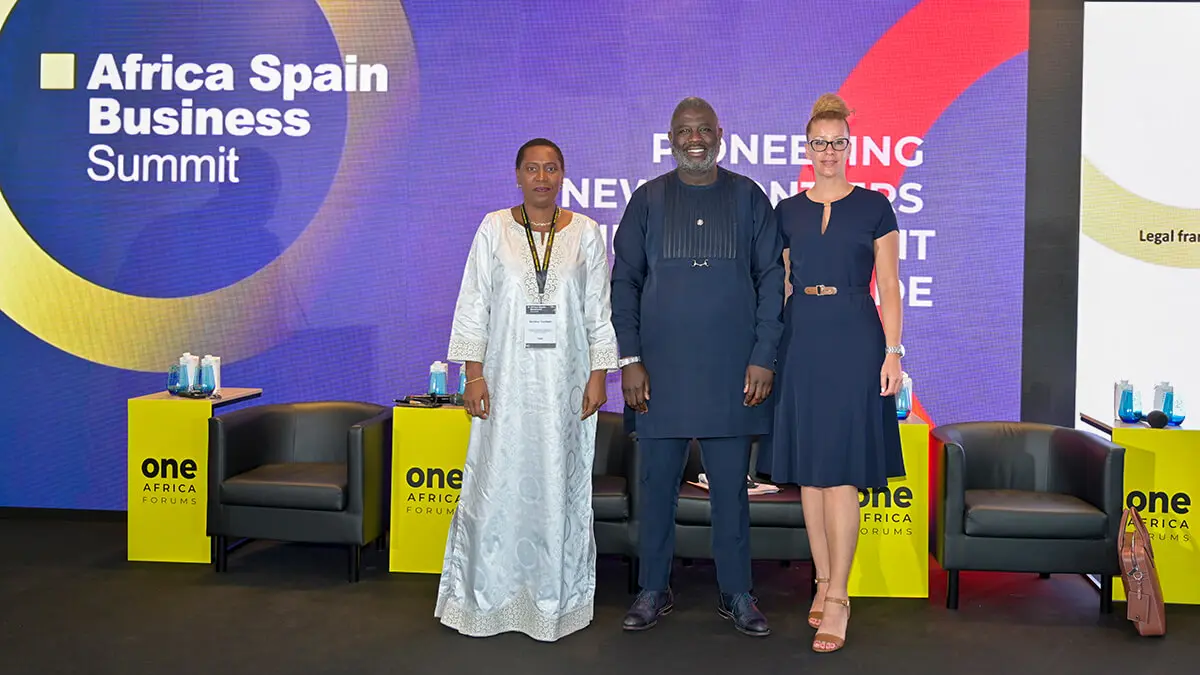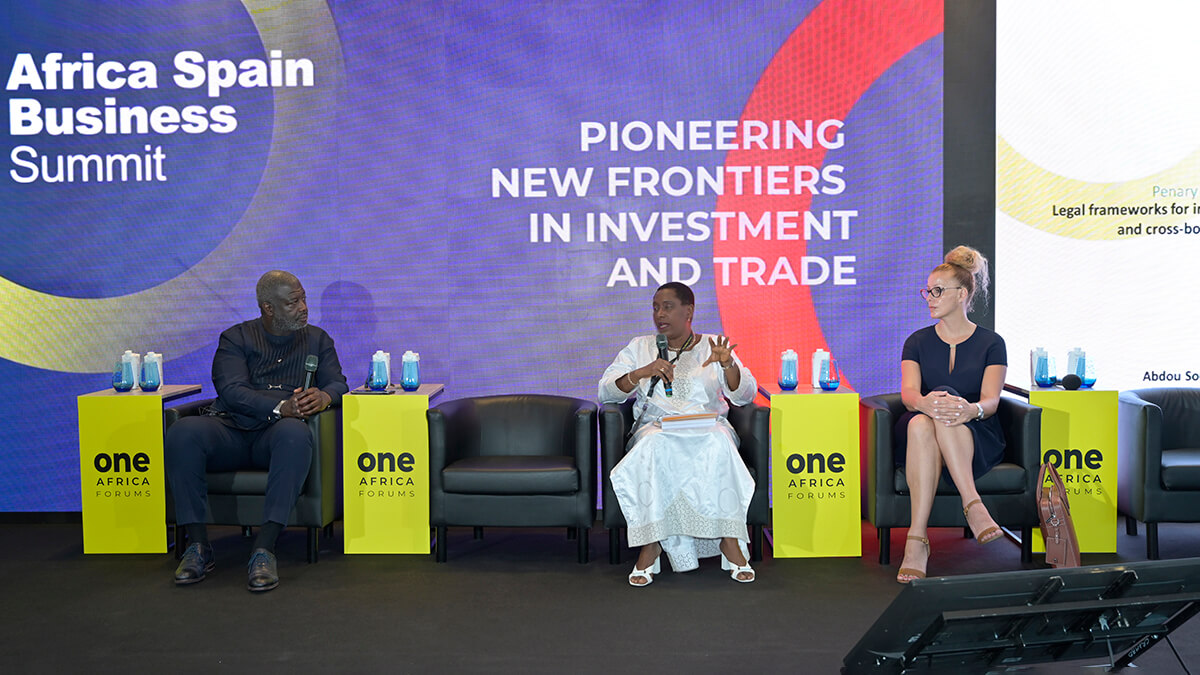Promotion of the country brand and legal frameworks, the topics of debate on the second day of the Africa Spain Business Summit
The second day of the Africa Spain Business Summit began with the intervention of Didier Lagae, CEO of Marco, whose speech was dedicated to the promotion and positioning of the country brand

Marco has worked throughout the African continent with many European institutions, accompanying companies, governments, delegations, to discuss investment projects to help the development of the economies.
"If Europe is not a single entity, Africa is less so: the levels of development and needs are very different, you have to choose where to invest in particular," he explained.

For Didier Lagae, "a country brand is ephemeral, you cannot build it and leave it to its own devices; you have to take care of it day by day".
The communications executive gave Morocco as an example: "the brand is made up of two factors: on the one hand, business, attracting investment and attracting talent, since we need someone to carry out this work, and if we don't have them, we have to bring them in; on the other hand, tourism, which is usually the first approach to a country".
"Africa is not a country, it has many inhabitants, the economies with the highest economic and population growth, and a growing middle class, as can be seen in Morocco. Climate change is an opportunity for Africa to invest in renewable energies and in the agri-food industry," he said.

In Lagae's opinion, "for Spain it is a fantastic moment, because in French-speaking Africa there is a strong sentiment against France; sub-Saharan Africa suffers from political issues that we are not going to get into; and Spain is neutral, which is a real opportunity to take advantage of the Spain brand in Africa, as China is doing".
The sectors in which there are most opportunities are tourism, infrastructure, construction, textiles and fashion, and renewable energies. "Twenty years ago, Spain's motto was 'Good, nice, cheap', but we are no longer there. We have added value, we offer reliable and serious businesses, no longer cheap, but with affordable excellence," he concluded.
Legal frameworks for investment
The next round table, on the legal framework for investment, was moderated by Abdou Souleye Diop, managing partner of Mazars, and counted with the participation of Mariétou Coulibaly, director of the Regional Consular Chamber of the UEMOA, and Anne-Sophie Firion, arbitrator of the Common Court of Justice and Arbitration of the OHADA.

Firion explained that "this organisation, the Organisation for the Harmonisation of Business Law in Africa, is made up of 17 sub-Saharan African countries, and has had a common legal framework for more than 30 years. It was founded in 1993, with 14 members; it now has 17 and is going to increase, because it is negotiating with Burundi, Mozambique and Madagascar.
For Firion, "the organisation has very positive aspects: its main mission is to harmonise commercial law throughout the territory, adapting it to the needs of the countries. They have uniform laws that apply in all member countries. The OHADA streamlines disputes between companies, or between companies and states, by promoting arbitration and mediation to resolve disputes quickly.

For his part, Mariétou Coulibaly explained his organisation and spoke of the potential of African youth in WAEMU countries. In terms of development, WAEMU has analytical and consultative bodies, which analyse the situation and take appropriate decisions.
As Coulibaly explained, "every year, documentation is sent to the private sector, because we have a mandate that rotates between countries, and the private sector gives us feedback on the problems they see, in order to make a joint reflection and make proposals and orientations".
According to the head of the UEMOA, "we also have an informal part, working with the different authorities, talking about economic activity and crises. Sometimes they listen to us, sometimes they don't, but it is our duty to do so. The private sector gives its approval to the directives that UEMOA adopts".








